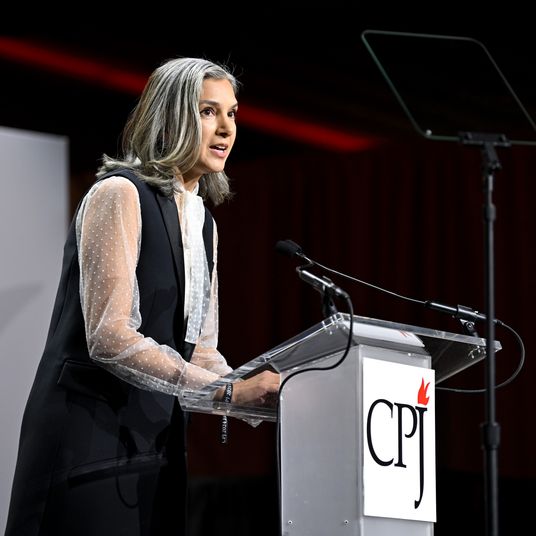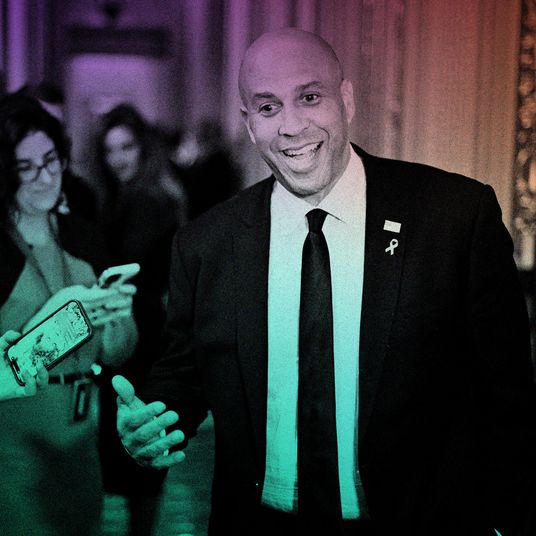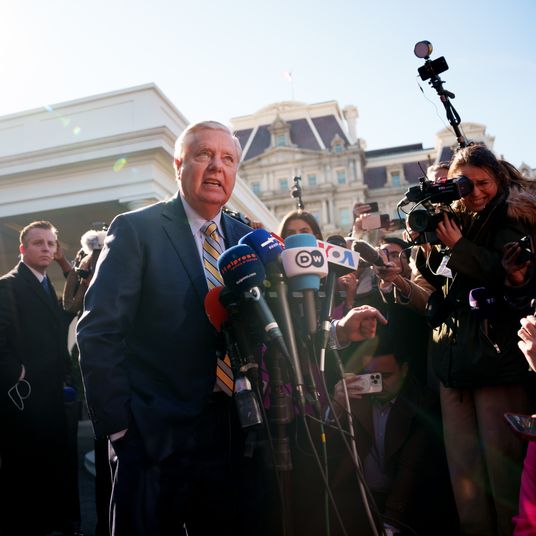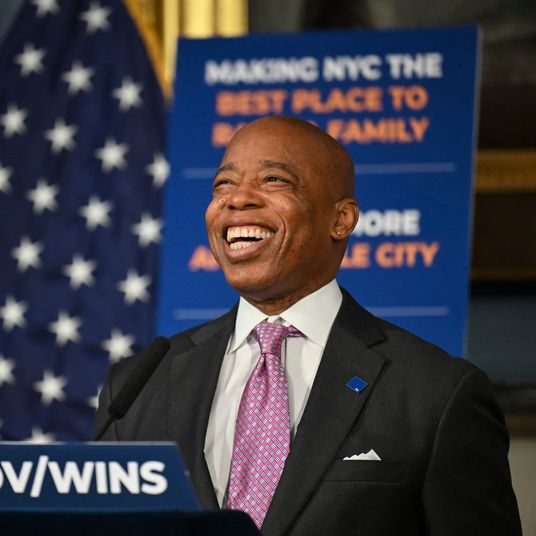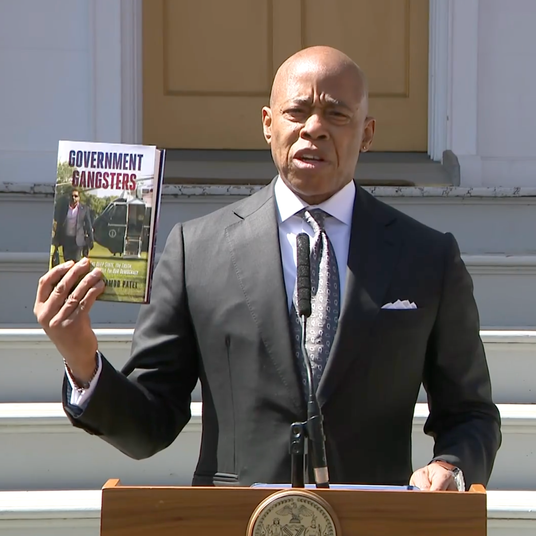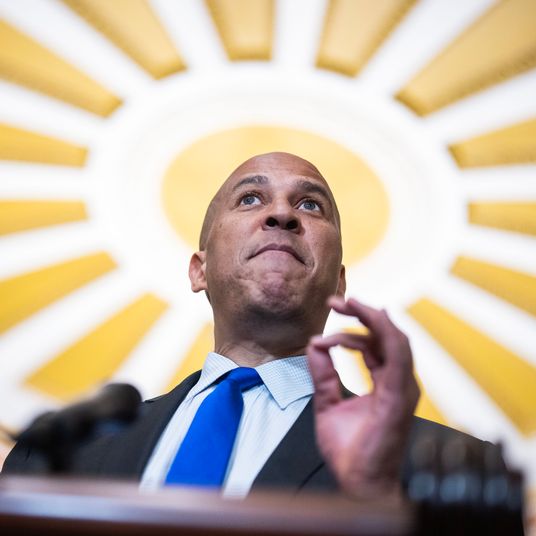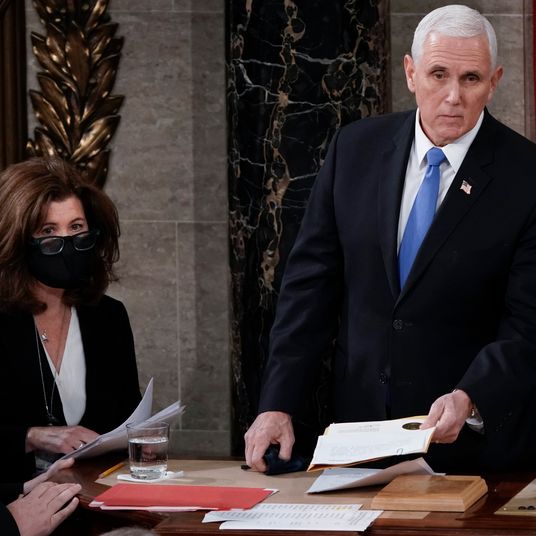
New York Times executive editor Jill Abramson is “unexpectedly leaving the position and will be replaced by Dean Baquet,” her No. 2 and now the first African-American to lead the paper, the Times reports about itself in a media bombshell this afternoon. “I’ve loved my run at The Times,” said Abramson, who became the Gray Lady’s first female editor less than three years ago. “I got to work with the best journalists in the world doing so much stand-up journalism.”
“The reasons for the switch were not immediately clear,” according to the initial version of the Times’ own story.
Publisher Arthur Sulzberger Jr. made the surprise announcement to the newsroom at 2:30 p.m. “There is no journalist in our newsroom or elsewhere better qualified to take on the responsibilities of executive editor at this time than Dean Baquet,” he said in a statement. “He is an exceptional reporter and editor with impeccable news judgment who enjoys the confidence and support of his colleagues around the world and across the organization.”
In a New York story last year, Joe Hagan detailed the struggle between Abramson the new CEO at the New York Times Company, Mark Thomspon:
The role of “visionary” at the paper, traditionally held by the news chief, was now being ceded to Thompson. And in recent months, say several Times sources, Abramson has chafed at some of Thompson’s moves as he redirects company resources to projects of ambiguous design, including an aggressive video unit run by a former AOL/Huffington Post executive who sits among news editors but reports to the corporate side of the Times.
But Sulzberger, in his speech to the newsroom, denied a struggle with the business side was at play. “I chose to appoint a new leader for our newsroom because I believe that new leadership will improve some aspects of the management of the newsroom,” he said, according to former Times media reporter Brian Stelter. “There is nothing more at issue here.” Sulzberger said the quality of journalism under her tenure was not the issue. “This is also NOT about any sort of disagreement between the newsroom and the business side,” he added.
That explanation by process of elimination, while vague, could potentially square with previous reporting on the inner workings of the Abramson era by Politico’s Dylan Byers, who was the first outside reporter to break the news of her departure. (His report today states that Abramson was “abruptly fired.”)
In April of 2013, under the headline “Turbulence at The Times,” Byers wrote that she was “a source of widespread frustration and anxiety within the Times newsroom.”
Just a year and a half into her tenure as executive editor, Abramson is already on the verge of losing the support of the newsroom. Staffers commend her skills and her experience but question whether she has the temperament to lead the paper. At times, they say, her attitude toward editors and reporters leaves everyone feeling demoralized; on other occasions, she can seem disengaged or uncaring.
“I cried,” Abramson said later of the story, which some decried as sexist. “I should say it went right off me, but I’m just being honest. I did cry. But by the next morning, I wasn’t completely preoccupied by it anymore. I had my cry and that was that.”
Baquet was presented as the article’s hero, “just the opposite” of the “disengaged” Abramson: “He cares about newsroom morale and he cares about being liked, staffers say.”
In his memo to staff today, Sulzberger wrote, “[Baquet] is a proven manager, both here at The Times and elsewhere. He is also a consumate journalist whose reputation as a fierce advocate for his reporters and editors is well-deserved. And importantly, he is an enthusiastic supporter of our push toward further creativity in how we approach the digital expression of our journalism.”
Abramson was not seen at the newsroom meeting announcing her departure. She will have no role at the paper moving forward, and will not assist in the transition. Her name has already been removed from the masthead.
Update: The New Yorker’s Ken Auletta reports that Abramson recently complained about compensation:
Several weeks ago, I’m told, Abramson discovered that her pay and her pension benefits as both executive editor and, before that, as managing editor were considerably less than the pay and pension benefits of Bill Keller, the male editor whom she replaced in both jobs. “She confronted the top brass,” one close associate said, and this may have fed into the management’s narrative that she was “pushy,” a characterization that, for many, has an inescapably gendered aspect.
Although Auletta says “the pay gap with Keller has since been closed,” the Times is already pushing back: “Jill’s total compensation as executive editor was not less than Bill Keller’s, so that is just incorrect,” spokesperson Eileen Murphy told Politico. “Her pension benefit, like all Times employees, is based on her years of service and compensation. The pension benefit was frozen in 2009.”
Update II: According to an updated version of the Times story, “people in the company briefed on the situation” said there was “serious tension” between Abramson and Sulzberger, even before she was appointed executive editor. She also had “clashes” with Baquet. The paper reports:




